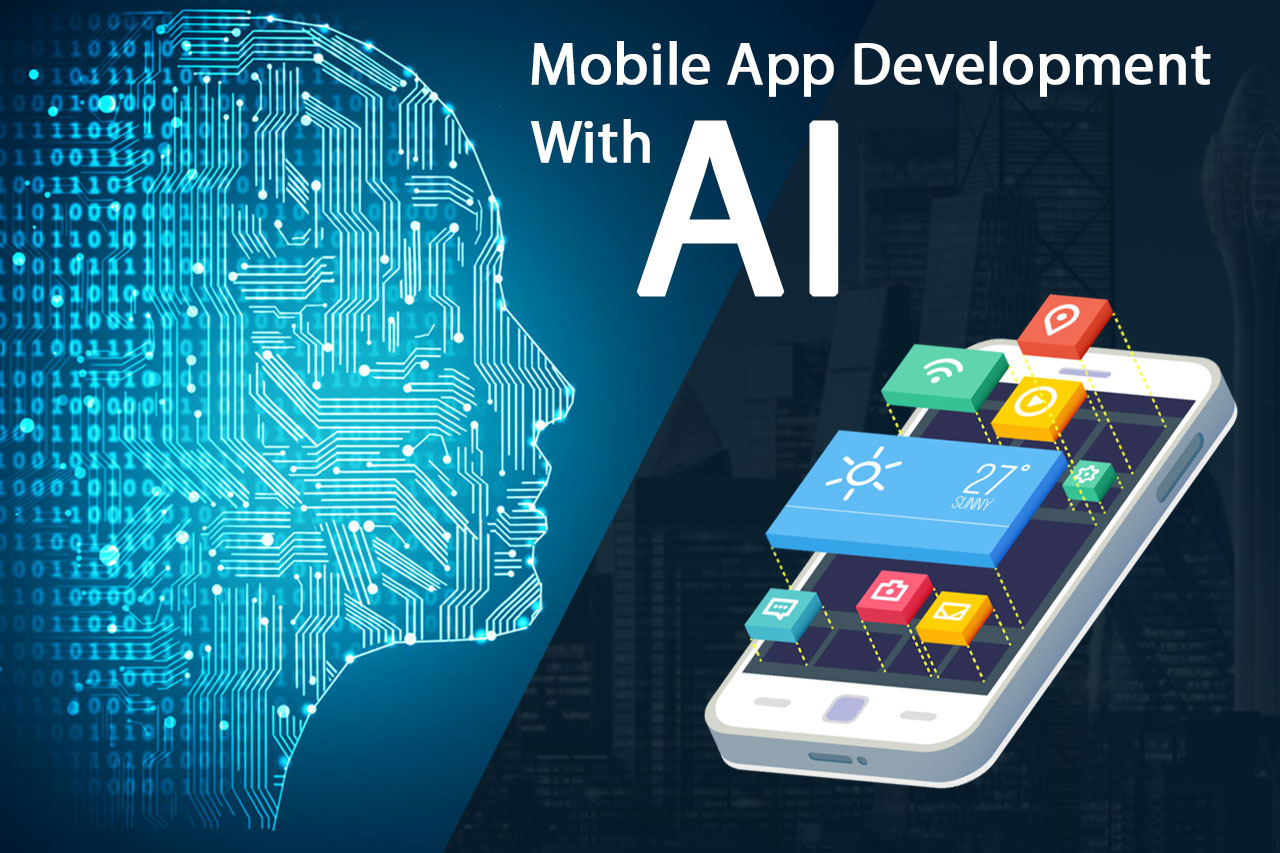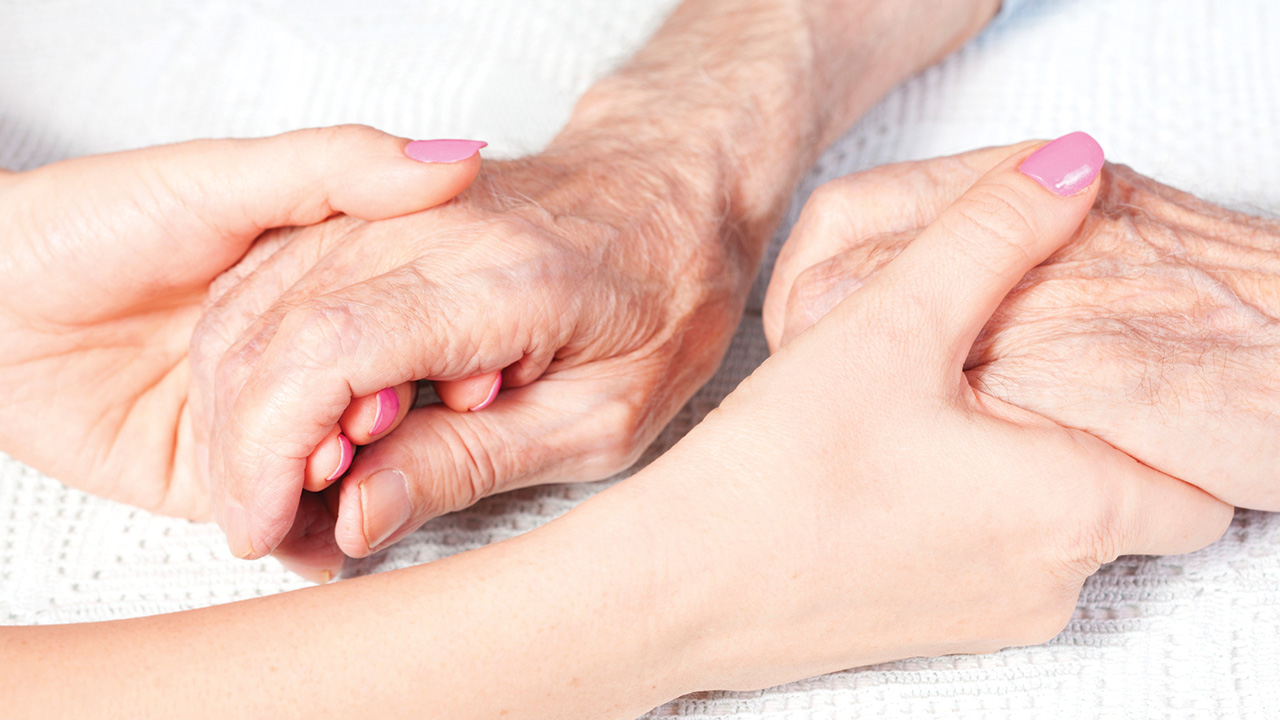Introduction
Professionals working in the home healthcare sector can rejoice as the leaves of scribbled patient notes are thankfully getting replaced with smart gadgets like the tablets and smartphones. These gadgets are loaded with software to record/view patient data accessed via what we call a mobile app.
Notes on Health Care Industry
Increase in portability of medical services, and antagonistically, premium on health centers, have made home healthcare an attractive option. Besides, a familiar homely environment does its bit to hasten the recuperation process. The range of healthcare services offered; cover quite a lot of ground. Some of them are listed below:
- Personal care (bathing, transportation within the site)
- Therapeutic ( physiotherapy, respiratory)
- Medication (administer medicines)
- Counseling
- Spiritual care
- Medicine equipment supply
Care is administered on various types of treatment requirements chief among them being diabetes, diseases of the heart, fractures. Care is provided from short term (recuperation from accidents) to long term (chronic pulmonary disease) ailments. Patients who are 65 years or older constitute the majority of clients for these providers.
Traditional care, nursing care and hospice care form the crux of home care providers.
Developments in Mobile Apps for Healthcare
Mobile apps in the healthcare parlance refer to hardware and software components. Both work in tandem in equipping the healthcare giver with the updated medical and other information on the patient, in a remote location. The healthcare giver can also update the information using the same tool thereby enabling the healthcare provider store the latest data. This will consequently enable the healthcare providers to provide the apt services to the patient. Analysis of the patient’s health trend can be performed and real time racking of risks can be ascertained. This is also required from a safety point failing which the company is liable to face defamation suits.
The apps also take care of privacy concerns and letting only the health care giver and the patient be aware of the care details. The patients are encouraged to actively participate in the care agenda, discuss with their caregivers and make informed decisions. This consequently provides a sense of ownership to the patients.
Mobile apps assist representatives schedule appointments with medical practitioners, follow up with these appointments and access their patient details even on the go in case of an emergency. These apps are comprehensive, automated and designed to send reminders, alerts as well as store notes. They are linked to the backend data centers which can record deals closed and vet them to ascertain the validity of the deals.
The solutions provided by mobile app developers for the home healthcare segment can be summarized along the following lines:
- Check the patient’s identity and the eligibility for service
- Access patients medical records to ascertain the ailment(s)
- Register the plan of service.
- Conduct a complete audit of the service. Audit the service plan to eliminate risk.
- Provide visual proof of the ailments (like images of wound, stitched part) to aid assessment of the care needed.
- Facilitate communication using the latest technologies in phone, message, web formats.
- Facilitate collaboration with medical experts of the organization and other care givers real time when administering care in a remote location.
- Facilitate coordination with agencies that need to supply equipment/allied service at a particular location.
- Enter information directly on the software. Update the information at backend servers real time.
- Create log of calls, messages, data entered for audit and research.
- Provide options to respond to emergency situations and keep stakeholders informed. Also provide for out of turn visitations for emergency purposes.
Some mobile apps go a step further to provide niche solutions which of course becomes the differentiating factor between and others in the market.
Prospects
Following establishment of stringent rules in the health sector, dependency on automation and real time collaboration has become inevitable. Mobile instruments have provided part of the solution to the issue. The remaining is fortunately now provided by mobile app development companies (mhealth).
Though the mobile apps need to comply with healthcare industry regulations like HIPAA, FDA, Meaningful Use, etc., yet the positives of real time collaboration, avoiding messy handwritten notes, collecting and verifying data and streamlining administrative functions make for a good proposition.


